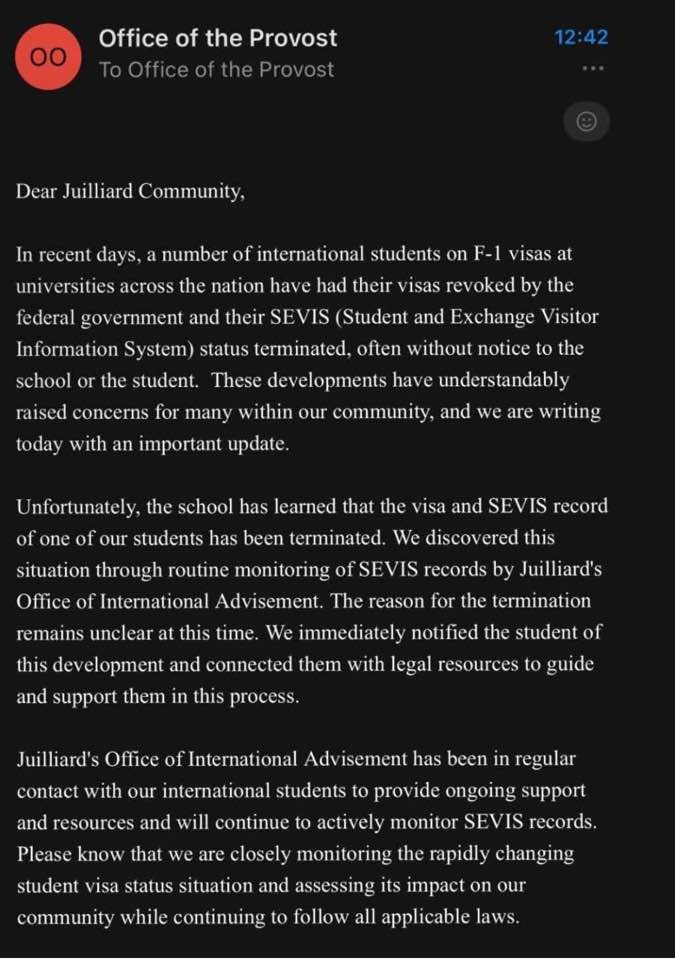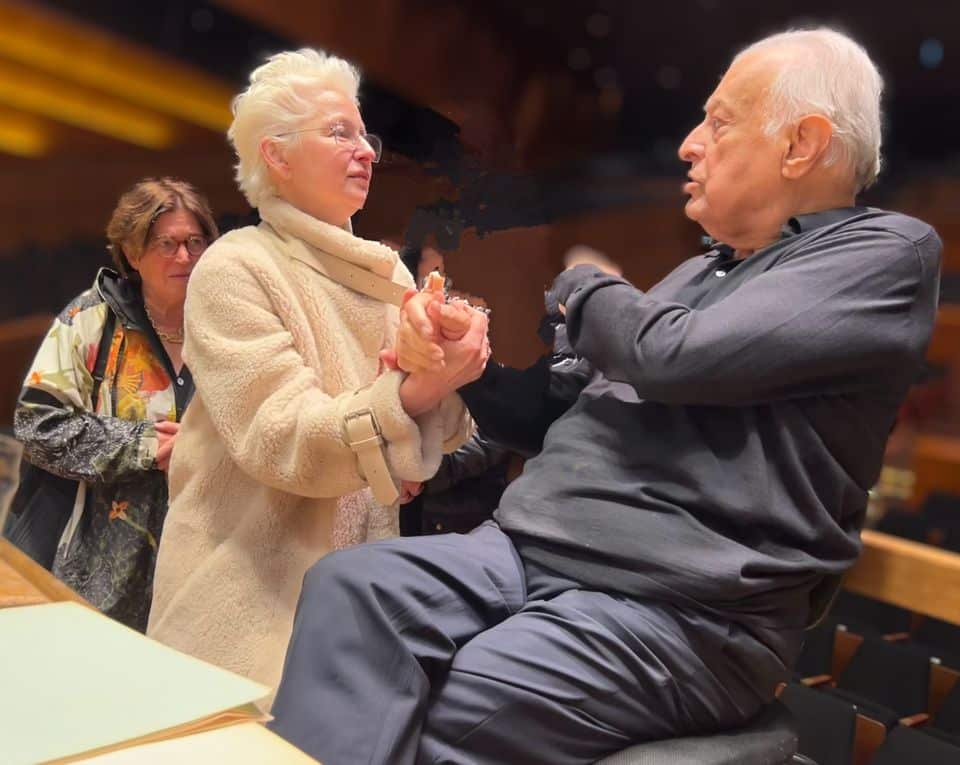Grab your chance to become an opera director
OperaIn collaboration with Camerata Nuova, Hessisches Staatstheater Wiesbaden and a jury of esteemed opera professionals, Opera Europa and Slippedisc are delighted to announce the fourteenth edition of the European Opera-directing Prize (EOP). The EOP is a major international competition. Its aim is to identify, develop and promote talented stage directors and their collaborators, and offer help in establishing their careers.
For: stage directors and their creative teams up to the age of 35
Deadline for applications: 25 January 2025
Title: Offenbach’s Les Contes d’Hoffmann
Host: Hessisches Staatstheater Wiesbaden, under its new management with Dorothea Hartmann and Beate Heine
Who can apply?
We now invite applications from stage directors and their creative teams. Applicants must not be older than 35 (this applies to all team members applying). We are looking for stage directors who show considerable talent, have appropriate training and/or artistic experience. Applicants may already be working as stage directors in their own right and/or have experience as assistant or staff directors. Young creatives of any nationality are welcome to apply.
What is the Prize in the 14th edition?
The overall winner will be engaged by Hessisches Staatstheater Wiesbaden to stage a mainstage production of Offenbach’s Les Contes d’Hoffmann as part of the 2026/27 season. All finalists will be awarded a cash prize in recognition of their work and achievement in reaching the finals.
Application process
Directors and their collaborators are invited to submit an original directorial and design concept for a production of Les Contes d’Hoffmann at Hessisches Staatstheater Wiesbaden. There is no fee for applying and Opera Europa provides a stipend to shortlisted applicants to attend the semi-finals and finals.
To apply, teams should consist of a stage director and designer, as a minimum; other roles (e.g. choreographer, videographer) may be included if applicants so wish but are not required. Each application should consist of a complete production concept (written and illustrated) for Les Contes d’Hoffmann, submitted in English. The concept should make clear the time and the place of the interpretation; it should describe key moments on stage through stage directions, with initial stage and costume designs. Each concept will be considered by the jury, chaired by Barbara Minghetti (Como/Parma). Up to ten teams will be invited to the semi-finals to present their ideas to the jury on 1 and 2 May 2025 during the Internationale Maifestspiele in Wiesbaden. The four finalist teams will workshop a scene with singers during Opera Europa’s autumn 2025 conference.
For full details of the process, including deadlines, the jury, financial arrangements, technical considerations etc, please download the Application Guidelines, Application Form and Technical Rider below.






Comments